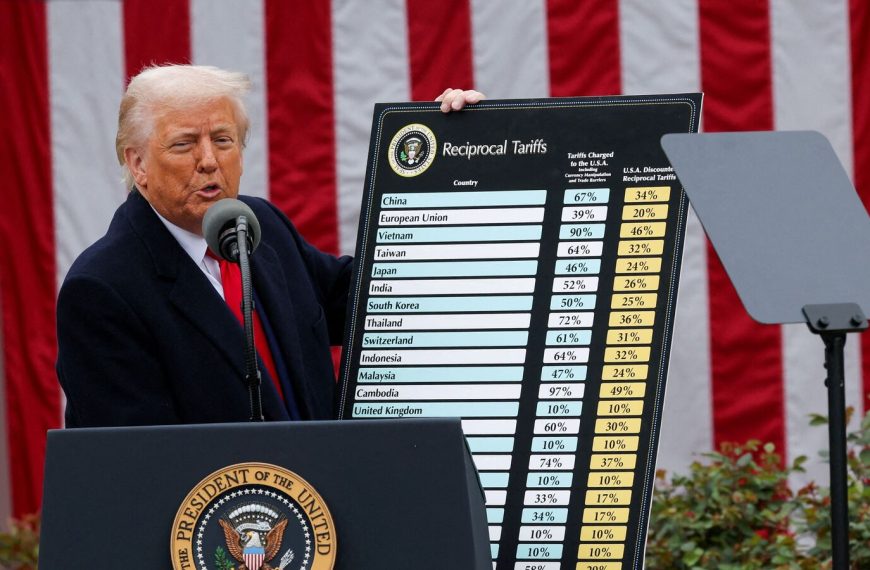Foreign portfolio investors (FPIs) continued their trend of selling off Indian stocks for the 15th consecutive session on Wednesday, shedding equities worth ₹1,627.61 crore. This marks a noticeable decrease from the previous day’s significant sell-off of ₹2,823.8 crore. In contrast, domestic institutional investors (DIIs) maintained their buying streak, net purchasing ₹1,510.35 crore worth of shares, showcasing a robust interest in the market.
A Shift in Market Dynamics
FPIs have been active sellers this month, with a staggering ₹34,574 crore offloaded in February alone, according to data from the National Securities Depository Ltd. January saw even higher figures, with net sales amounting to ₹78,027 crore. So far in 2025, overseas investors have sold equities totaling ₹1.41 lakh crore, indicating a significant trend in investor sentiment.
- February Net Selling: ₹34,574 crore
- January Net Selling: ₹78,027 crore
- 2025 Net Sales: ₹1.41 lakh crore
Market Indices Reflect Volatility
The NSE Nifty 50 and BSE Sensex closed lower on Wednesday, extending their downward trajectory. The Nifty 50 dropped 27.40 points (0.12%), settling at 22,470.50, while the Sensex fell by 72.56 points (0.10%) to close at 74,029.76. This declining trend underscores the current volatility and uncertainty within the market.
Expert Insights on Trading Strategies
Shrikant Chouhan, head of equity research at Kotak Securities Ltd, emphasizes the need for traders to adapt to the market’s unpredictable nature. He suggests that level-based trading is the best approach during such times. Traders should keep an eye on the 22,300 mark, which he identifies as a critical support zone for the Nifty 50.
Summary
In summary, while FPIs continue to pull back from the Indian equity market, domestic investors are stepping in to fill the gap. The current market landscape remains volatile, and strategic trading approaches will be essential for navigating these fluctuations. As the situation develops, staying informed will be key for investors looking to make the most of their strategies in this dynamic environment.
For further insights, check out Market Analysis Tools or explore Investment Strategies to refine your trading approach.











